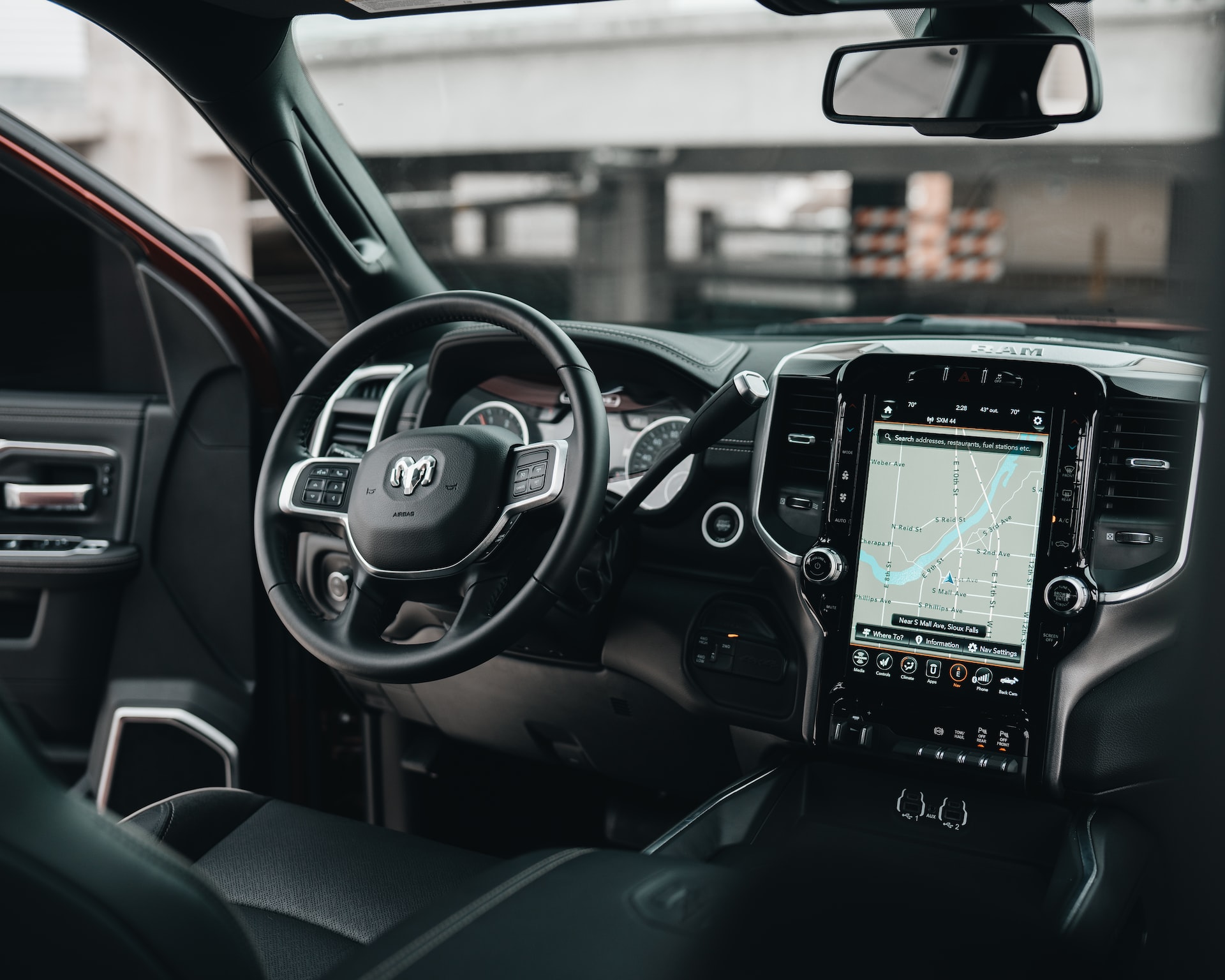Over 286.9 million cars were registered in the U.S. in 2020, reflecting the strong demand for vehicles. Aspiring car owners can get started with a lease, but not every aspiring car owner has good credit. Bad credit can limit your financing options, and some landlords may reject your tenant application based on your credit score. Some consumers wonder if these consequences extend to car leases. Luckily, you can get a car lease even if you have bad credit. We will discuss some strategies to consider.
How Does Leasing a Car Work?
Car leases work like rent payments. Instead of owning the car, you make monthly lease payments for a 2-4 year term. The lease will have mileage limits, and you will have to pay additional fees for exceeding the mileage limit. Each lease has a “money factor,” which acts as an interest rate. Consumers with low credit usually end up with higher interest rates. The lease also contains details on acceptable wear and tear and what happens if you miss a payment. You may have extra fees if the vehicle is in an unacceptable condition. You can purchase the vehicle at the end of the lease or get a lease with a new car.
Usual Process of Leasing a Car
Car leases usually follow the same process. Understanding how they work can help you prepare for monthly payments and get an optimal setup for your objectives.
Know How Much You Can Spend
Review your budget and identify how much you can add to it without going under. For example, if you only have room for $400/mo., you shouldn’t consider car leases that cost $600/mo. You can increase your budget by reducing other expenses, such as monthly subscriptions. You should leave some room in your budget for incidentals, emergency expenses, and investments.
Choosing Your Car
Car buyers have the opportunity to browse through many cars and compare their features. You want to feel comfortable in your vehicle, and preliminary research will narrow down your choices. Most car dealerships only offer new cars for lease since they sell older vehicles after the leases expire. You can reach out to car dealerships to see which models they offer for lease to save time on your research.
Negotiate and Apply for a Loan
You may need a lease to get a car, but you can get it from any dealer. Understanding your position can help you negotiate lower fees and better terms for the lease loan. Car dealerships won’t want to give an inch in the beginning, but they may make some concessions if you remain adamant. Reaching out to multiple dealerships will help you assess your options and use each offer as leverage.
Dealerships may be less open to negotiations if you have low credit, but failing to negotiate guarantees leaving money on the table. Your credit score isn’t the only thing dealers review. They also look at your financials, such as your debt-to-income ratio. An expanding income can strengthen your case. If a dealer feels confident in your ability to repay the loan, they may waive some fees, give you a lower interest rate, or increase your mileage limit.
Make Your Payments
After getting approved, you get your vehicle and have to make monthly lease payments. Each dealership has different protocols about how to handle late payments. Making on-time payments will help you avoid the worst and improve your credit score in the process. You should review the contract before signing it to make sure nothing is different from the agreed-upon terms.
Return or Purchase Your Lease Vehicle
You have to make a decision at the end of your lease. You must either return the vehicle or purchase it. Luckily, the vehicle will be less valuable at this time, making a purchase more affordable. You can lease a new vehicle instead. This approach ensures you continue riding in a new vehicle but traps you in a continuous cycle of monthly lease payments. The lease contract should include a buyout price that identifies how much you’ll have to pay to purchase the vehicle.
What Score Do You Need to Lease a Car?
A higher credit score will help you get a vehicle from more dealers and result in better loan terms. However, not everyone has good credit and may wonder if they make the cut. Minimums vary, but most credible car dealerships will work with a consumer who has a 620 credit score. Unfortunately, it’s difficult to find car dealerships that will work with consumers who have credit scores under 620.
Can You Lease a Car Even with Bad Credit?
Some dealerships offer accommodations to consumers with bad credit, but you won’t get the best rates and terms. Therefore, you should only lease with bad credit as a last resort. Improving your credit score first will help you qualify for more leases and get better terms.
Consider These Steps When Leasing a Car with Bad Credit
Improving your credit score will help you get a better lease, but the benefits stretch far beyond car leases. You can also qualify for a higher mortgage, get lower rates, and even lower your utility bills. These strategies will help you raise your credit score as you work towards a car lease.
Monitor Your Credit
Monitoring your credit score is the first step to improving it. When you check your credit score and pay attention to how it changes over time, you will become more conscious about spending habits and repaying debt. Reviewing your credit report can also help you locate any errors that are having a negative impact on your score. Disputing these errors and getting them resolved can have an immediate impact on your credit score.
Increase Your Credit Score
Growing your credit score takes time. Your credit score won’t change overnight, but you can make solid progress within a few weeks.
Make Timely Payments
Making on-time payments for your credit card debt and other financial obligations will improve your credit score. Reducing your debt will also enhance your debt-to-income ratio, a metric car dealerships look at before giving you a lease. In addition, effective debt management for other financial obligations can rub off on car lease payments and make the extra expense less stressful.
Get a Lease with Your Improved Score
Waiting a few months before getting a lease gives you enough time to get good credit. A higher credit score will save you money in the long run and give you more leverage in negotiations. So waiting patiently before rushing into a lease can be the optimal approach for your finances.







